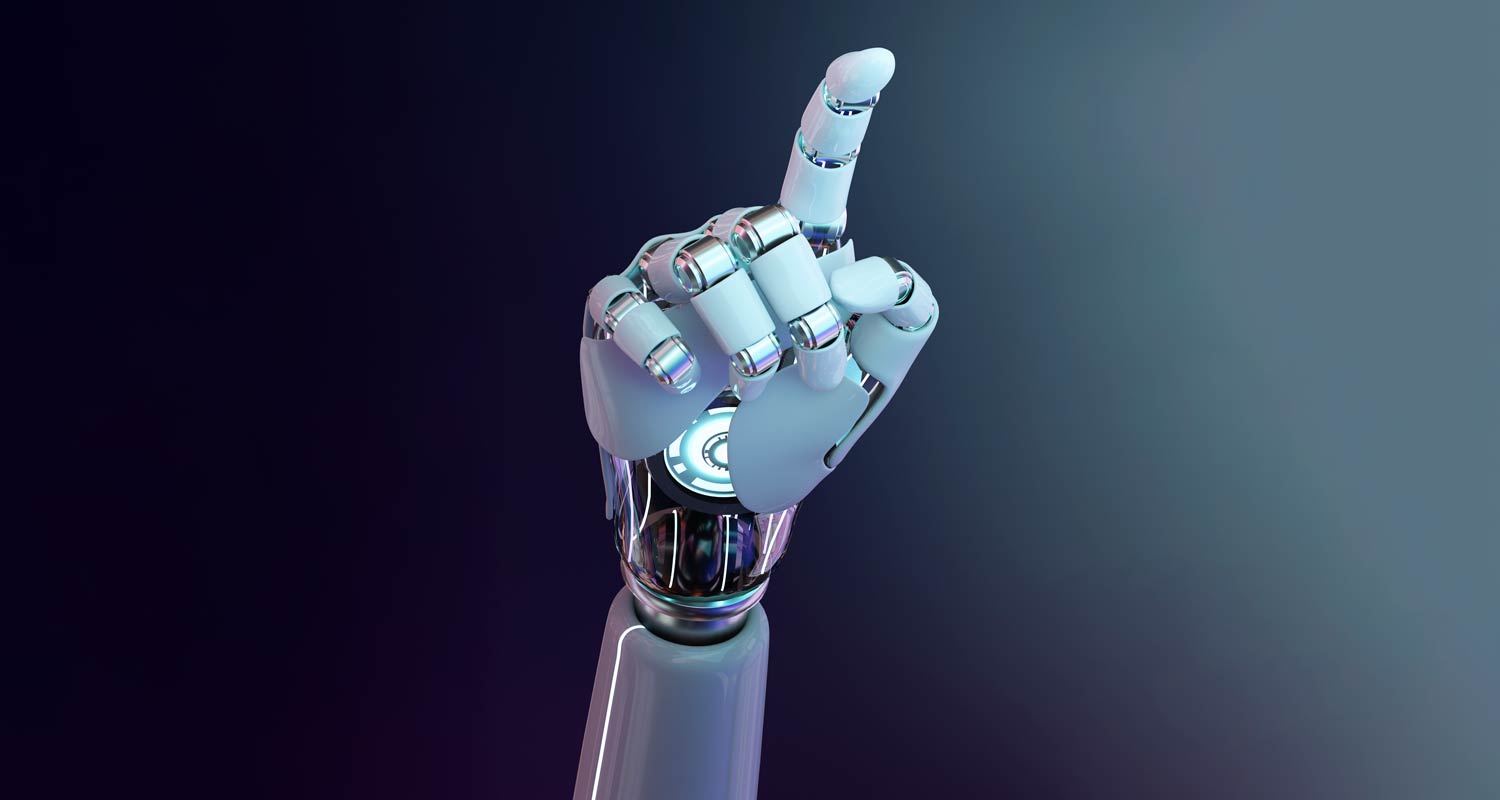 The 2024 Nobel Prize in Physics was awarded on 8 October to John Hopfield and Geoffrey Hinton for their “foundational discoveries” that enable machine learning with artificial neural networks.
The 2024 Nobel Prize in Physics was awarded on 8 October to John Hopfield and Geoffrey Hinton for their “foundational discoveries” that enable machine learning with artificial neural networks.
The Nobel committee said: “Although computers cannot think, machines can now mimic functions such as memory and learning. This year’s laureates in physics have helped make this possible”.
As artificial intelligence continues to advance quickly, it brings immense opportunities and significant ethical challenges. From self-driving cars to health-care diagnostics, AI systems are becoming integral to our daily lives, prompting urgent discussions about the ethical implications of their use. Understanding the intersection of AI and ethics is crucial for ensuring technology serves humanity positively and equitably.
When reporters asked about the potential significance of the technology his research has helped to develop, Hilton said AI will have a “huge influence” on our societies. “It will be comparable with the Industrial Revolution. But instead of exceeding people in physical strength, it will exceed people in intellectual ability. We have no experience of what it’s like to have things smarter than us.”
At the same time, he cautioned that “we also have to worry about a number of possible bad consequences, particularly the threat of these things getting out of control”.
AI holds transformative potential across various sectors. In health care, vast amounts of data can be analysed to assist in diagnosing diseases more accurately and efficiently. AI algorithms can detect fraudulent activities by identifying unusual transaction patterns in finance. Furthermore, AI-driven automation can enhance productivity, allowing businesses to streamline operations and reduce costs.
Ethical considerations
However, with these benefits come with profound ethical considerations. The rapid implementation of AI technologies raises questions about accountability, fairness, transparency and potential harm.
Privacy becomes a critical ethical concern because AI systems rely on large datasets. The collection and analysis of personal data raise questions about consent, surveillance and the potential misuse of information. Striking a balance between leveraging data for innovation and protecting individual privacy is essential.
Implementing robust data protection regulations and ethical guidelines for data usage can help address these concerns. This calls for organisations to prioritise user privacy by being transparent about data collection practices, obtaining informed consent and ensuring secure data handling. Nobel laureates in fields such as economics and peace have also voiced concerns about the ethical dilemmas posed by AI. They argue that the technology can perpetuate bias and inequality, especially if AI systems are trained on biased data. For example, the risks of AI in decision-making processes – such as hiring, lending or law enforcement – can lead to unfair treatment of marginalised groups.
Read: Experts disagree on AI regulation in South Africa
As AI technologies proliferate across various sectors, a comprehensive AI framework is essential for responsible development and deployment. The question might be, why is an AI framework seen as a solution to the ethical dilemma? AI frameworks help define ethical guidelines for AI development and use. These standards can address issues such as ensuring AI systems are designed to minimise biases and provide equitable outcomes for all users. Also, an AI framework can clarify how AI algorithms function and make decisions, enabling users to understand the processes behind AI outcomes.

Given AI’s global nature, not only is a local AI framework necessary but an international framework is also called for to align policies and standards across borders to prevent regulatory fragmentation that could stifle innovation or lead to unethical practices. It cannot be argued that global cooperation is needed to address global issues, such as climate change, public health and security, leveraging AI for positive outcomes.
Establishing a comprehensive AI framework is essential for navigating the complexities of AI technology. By addressing ethical standards, accountability, privacy, safety, public trust, innovation and international cooperation, such a framework can ensure that AI is developed and deployed responsibly, ultimately benefiting society. As AI evolves, proactive measures will be crucial in shaping a future where technology enhances human well-being while safeguarding fundamental values.
The CSIR and the University of the Western Cape are developing an AI framework to promote the responsible and ethical use of AI technologies nationwide.
Read: South Africa takes first steps to crafting AI policy
By focusing on ethical guidelines, capacity building and collaborative research, the framework seeks to harness AI’s potential to drive sustainable development and improve the quality of life for all South Africans.
As AI evolves, the framework will guide the integration of AI into society while addressing ethical and social implications, specifically from a privacy perspective.
Get breaking news from TechCentral on WhatsApp. Sign up here
- The author, Ahmore Burger-Smidt, is a director and head of regulatory affairs at Werksmans Attorneys




